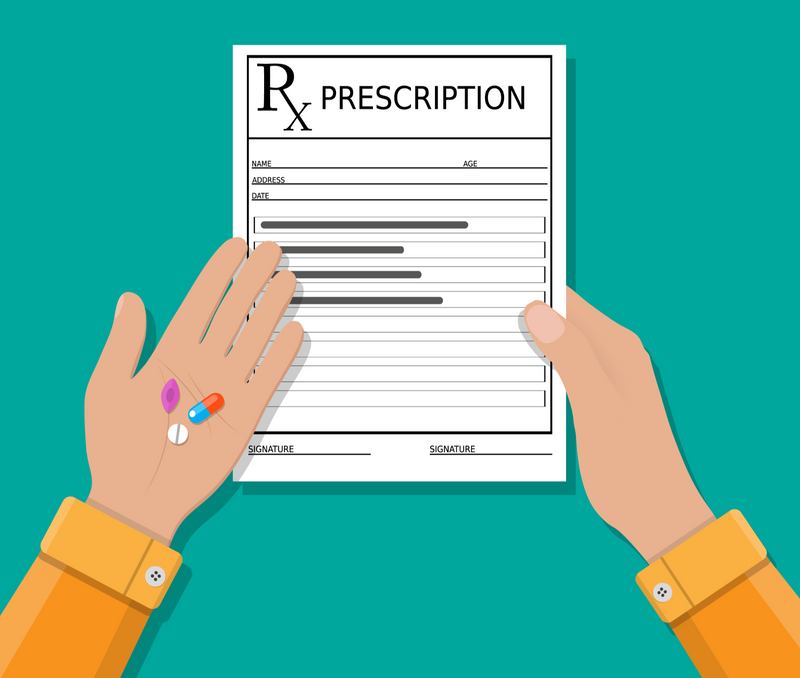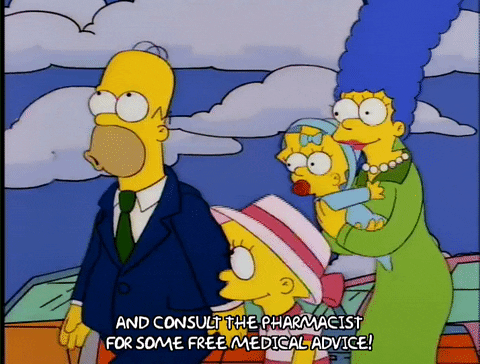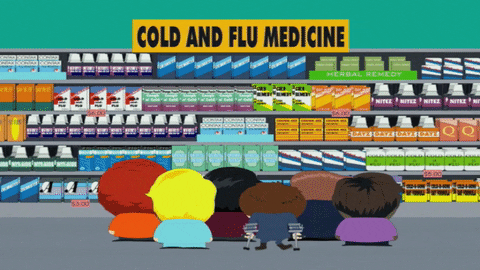More than 131 million people — 66 percent of all adults in the United States — use prescription drugs.
Chance are you'll be one of these people in the near future!
Medication comes over-the-counter and prescribed, in various shapes, sizes, and forms —from liquid to pills to topicals to injections.
Knowing the side effects of your medication will help you take it safely.

All Medication Has Side Effects

Whether we're talking about aspirin or the most sophisticated medication on the market, all medications come with side effects.
Most are minor, some are just uncomfortable or unusual, but many are life-altering or even life-threatening.
Did you know?
Prescription Medication
For medications prescribed by a medical professional, there's a lot of information to help you identify their side effects.
Talk to Your Health Care Professional
Have a conversation with your provider about any possible side effects.
Ask:
What are the potential side effects of this medication? What can I do to reduce the risk of side effects for this medication?
Talk to Your Pharmacist
Consult with the pharmacist when you pick up your prescription.
Pharmacists are experts in all medications and serve as an excellent resource.
Ask:
Does this medication interact with any of my other medications?

Read the Patient Prescribing Information & RX Label
This document is included with all prescription medications and covers possible common and serious side effects.
The label and stickers attached to the medication have information on how to take the drug and its possible side effects.
Did you know?
Over-the-Counter Medication
Most over-the-counter medications pose little risk to the general public. These medications are defined as safe and effective for use by the general public without seeking treatment by a health professional.
This doesn't mean they're free from side effects! When it comes to over-the-counter medication, look for details about side effects before you buy any products.
Read the Drug Facts Label & Package Insert
A label on the bottle or box provides an overview of possible side effects and warnings.
The insert — a piece of paper that comes with the box or bottle — provides detailed drug information including clinical data.
Speak with the Pharmacist
Pharmacists are trained in all prescription and over-the-counter medications.
If you still have concerns, ask the pharmacist for help either at the counter or over the phone.
Did you know?
Subscribe for more quick bites of learning delivered to your inbox.
Unsubscribe anytime. No spam. 🙂
Take Action

Next time you pick up a prescription or over-the-counter medication, make sure you fully understand the potential side effects.
Your feedback matters to us.
This Byte helped me better understand the topic.


